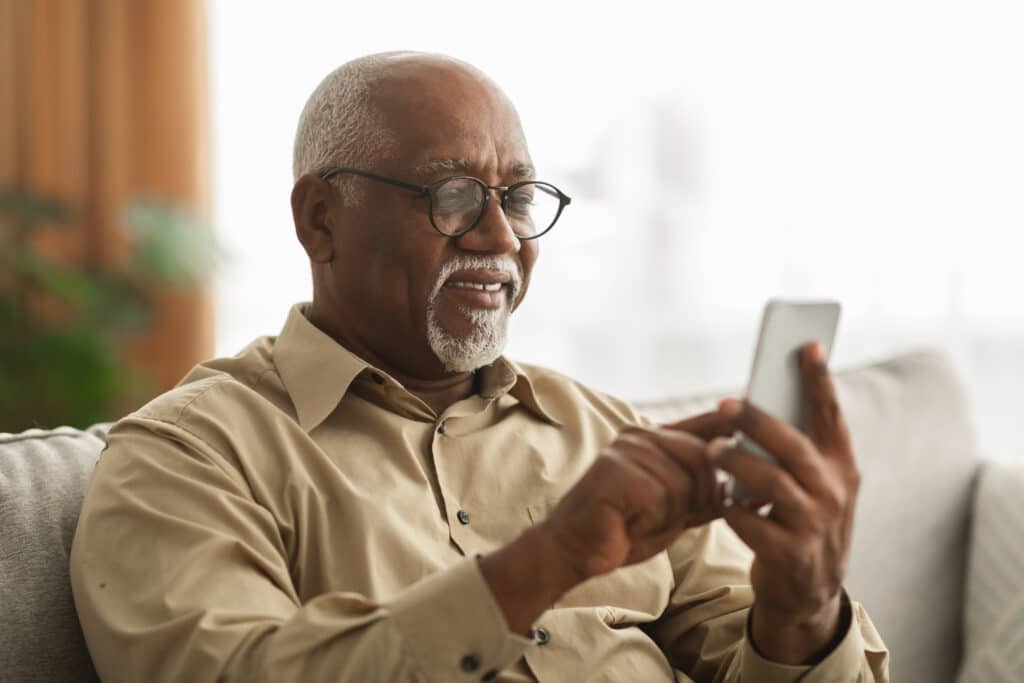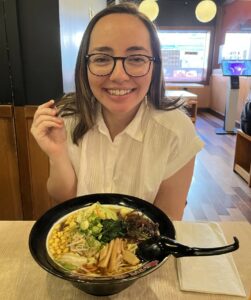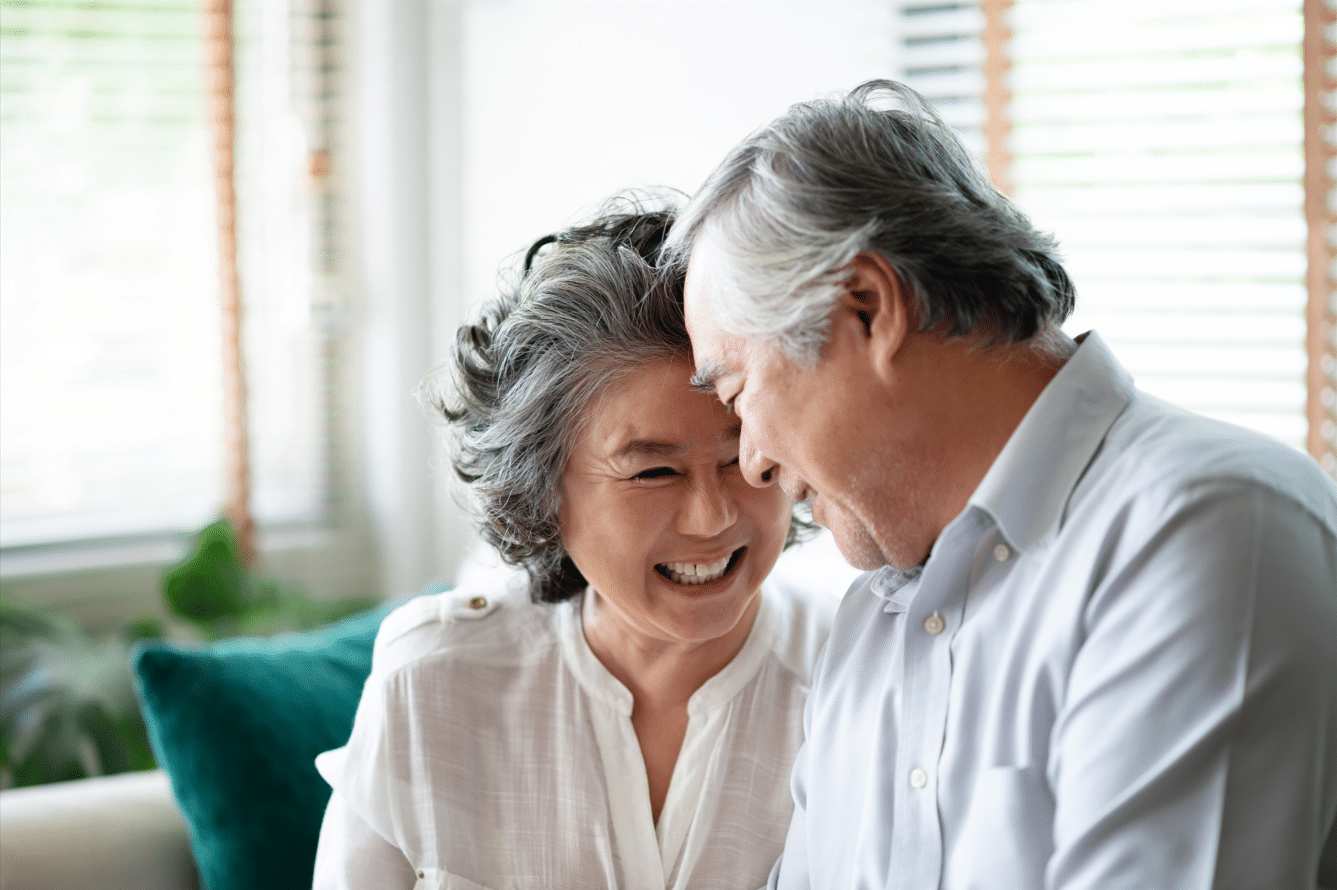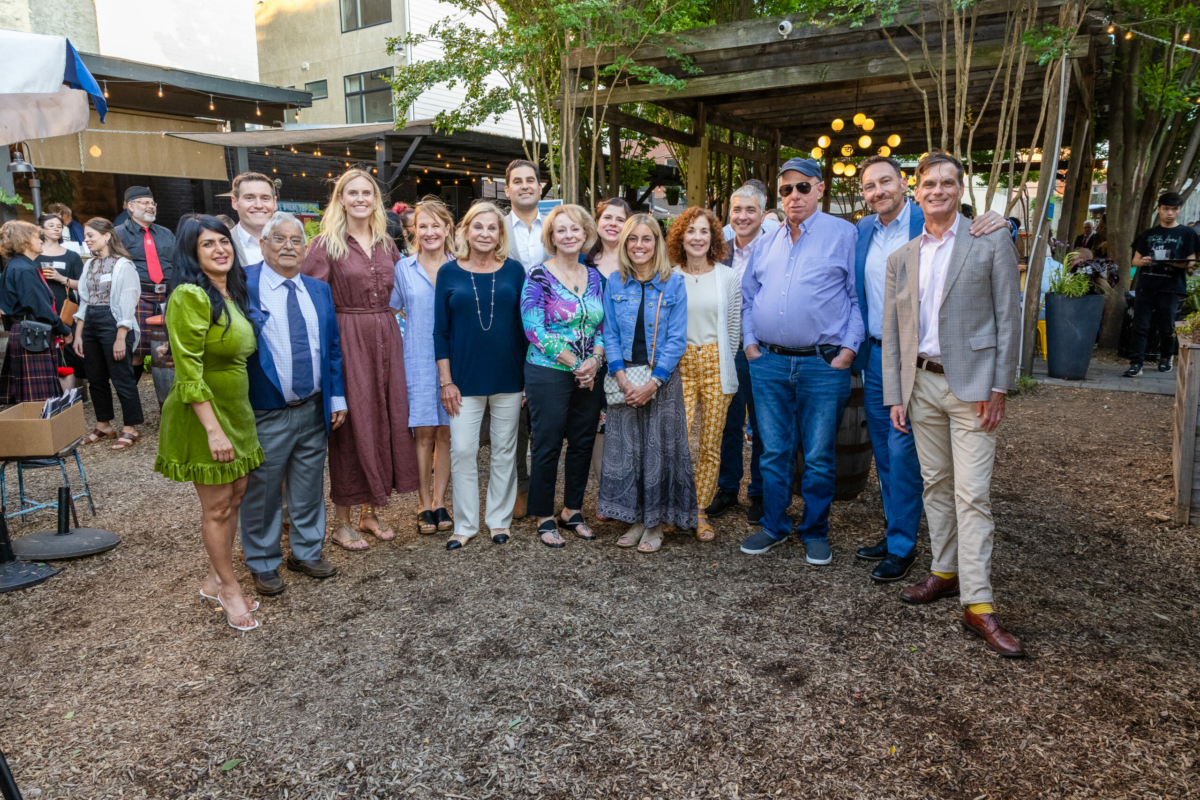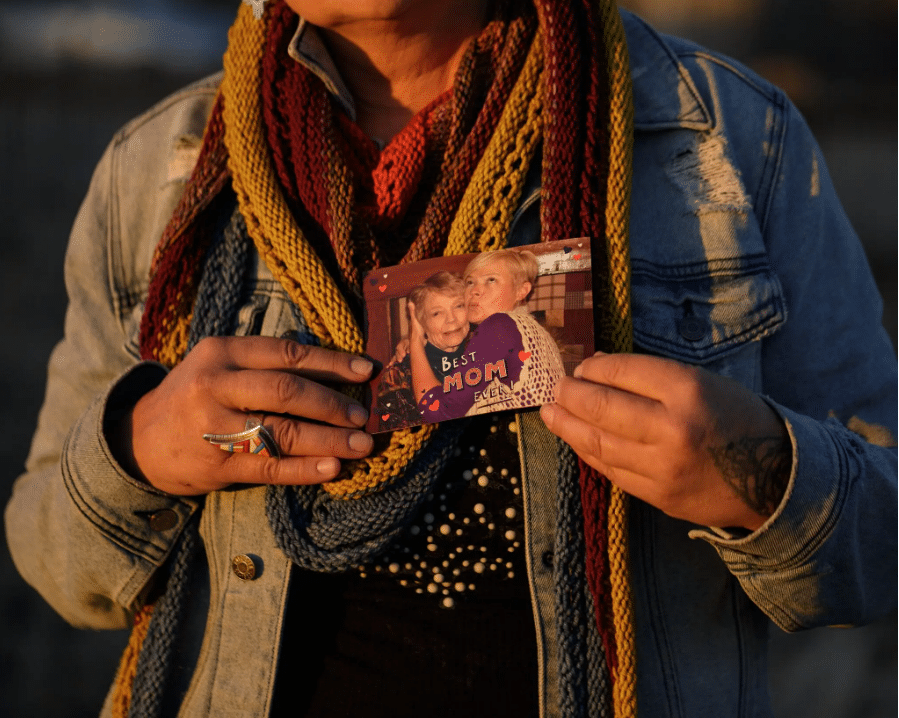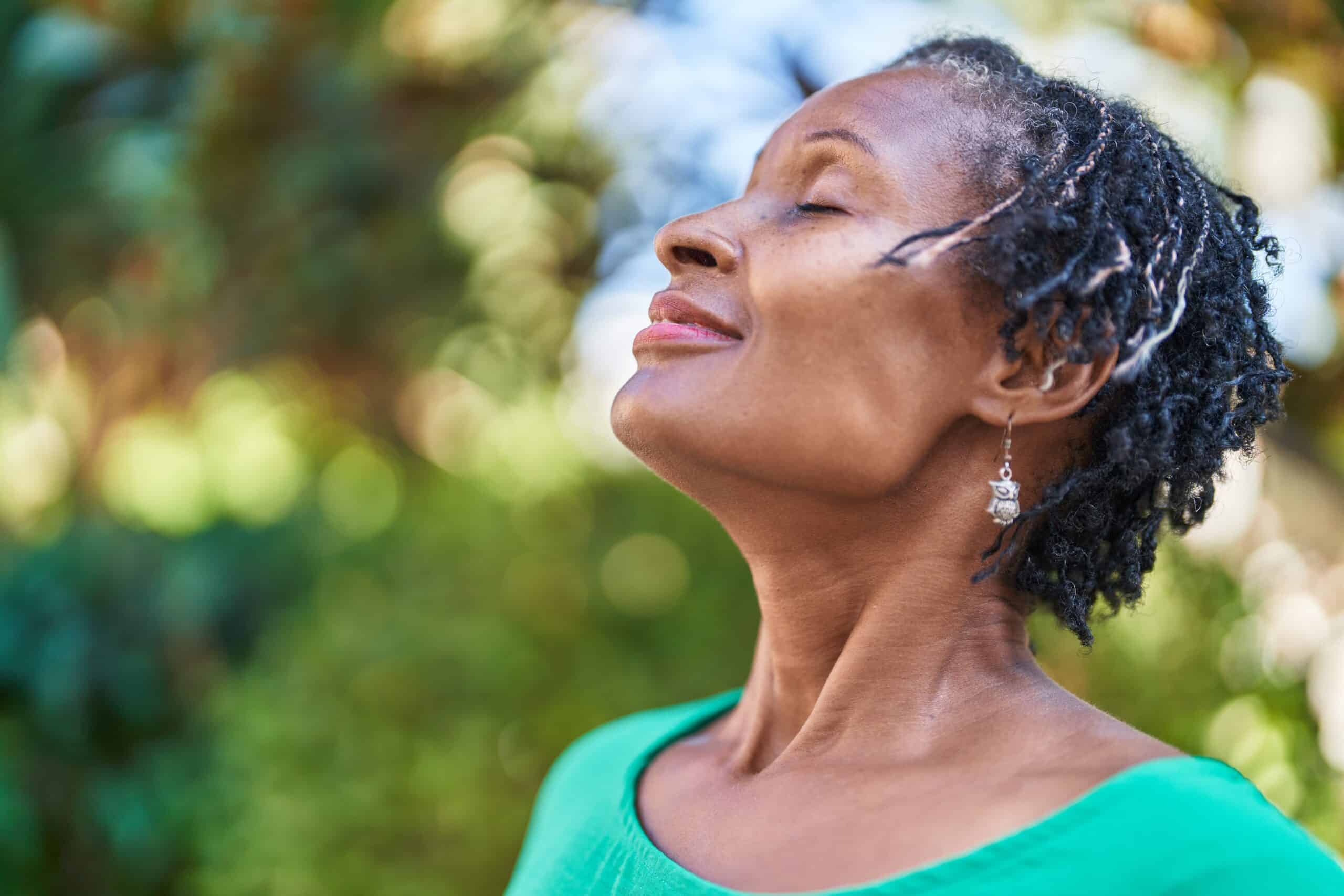
AAIC Exhibition Hall
By Cait Kearney
This year, more than 45 University of Pennsylvania scientists were among 10,000 attendees of the Alzheimer’s Association International Conference (AAIC) held in Amsterdam, Netherlands, and online. Researchers presented and discussed their cutting-edge research related to Alzheimer’s diagnostics, interventions, and basic science. Check out the conference and UPenn highlights below.
Conference highlights
Donanemab Phase 3 study results announced
The full results of the Phase 3 TRAILBLAZER-ALZ 2 study showed that the drug donanemab significantly slowed cognitive and functional decline in people with early symptomatic Alzheimer’s.
On NPR’s 1A, Penn Memory Center (PMC) Co-Director Jason Karlawish, MD, said the results are “significant” and, when combined with the recent approval of the Alzheimer’s drug Leqembi, mark a “potentially revolutionary” era in Alzheimer’s research and clinical care.
PMC Co-Directors Dave Wolk, MD, and Dr. Karlawish will give an update on anti-amyloid therapies for Alzheimer’s disease, including donanemab, at the upcoming PMC Community Discussion on August 14 at 4 p.m. Click here to register.
Simple finger prick test may detect Alzheimer’s
Research presented at AAIC found that blood testing from a simple finger prick may be enough to detect Alzheimer’s disease. This would make Alzheimer’s testing faster and more accessible.
“These findings are timely and important with the recent U.S. Food and Drug Administration approvals of Alzheimer’s treatments targeting amyloid-beta where confirmation of amyloid buildup and biomarker monitoring are required to receive treatment,” said Maria C. Carrillo, PhD, Alzheimer’s Association chief science officer. “Blood tests — once verified and approved — would offer a quick, noninvasive and cost-effective option.”
Hearing aids slow cognitive decline in older adults with hearing loss
A study of more than 900 individuals showed that a hearing intervention, which included hearing aids and counseling, slowed cognitive decline in adults who were at increased risk for dementia. More research is needed to understand why the intervention was beneficial.


